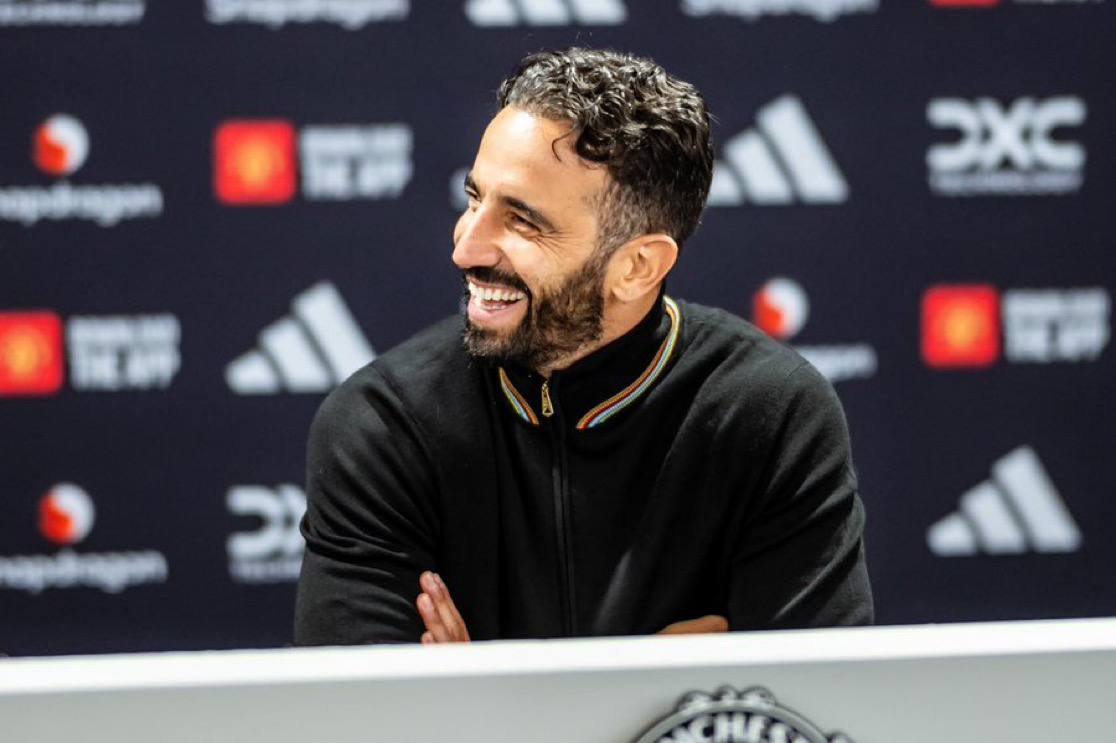“I think about the team, you think a lot about Marcus,” Rúben Amorim
Rúben Amorim’s comment, “I think about the team, you think a lot about Marcus,” reflects a calculated and measured approach to leadership and decision-making as a coach. His response, when asked about not substituting Marcus Rashford in a key moment, sheds light on his philosophy and priorities in managing a team. It’s a statement that goes beyond mere words; it encapsulates a broader perspective on balancing individual talents with collective goals.
Amorim’s statement reveals a fundamental principle of team sports: the collective always comes before the individual. While Rashford is undoubtedly a standout player, Amorim’s decision not to take him out indicates his belief in maintaining the cohesion and strategy of the team as a whole. A coach’s job is not just to manage star players but to ensure that every decision serves the larger purpose of achieving the team’s objectives. By saying, “I think about the team,” Amorim underscores his focus on the collective dynamics rather than catering to external expectations or individual narratives.
The second part of his response, “You think a lot about Marcus,” subtly shifts the spotlight onto the media and public discourse. This remark highlights how external observers often fixate on star players, attributing successes or failures disproportionately to them. In contrast, Amorim’s approach emphasizes that football is a team sport where victories and defeats are the result of collective effort and strategy. This distinction is crucial in understanding his leadership style. Rather than succumbing to external pressures or engaging in discussions about individual performances, Amorim chooses to prioritize the team’s unity and morale.

By refusing to elaborate further—”I’m not making any comments”—Amorim draws a boundary between himself and the speculation that often surrounds high-profile players like Rashford. This restraint demonstrates his commitment to maintaining focus and avoiding distractions that could undermine the team’s objectives. It also reflects his confidence in his decisions and his unwillingness to justify them to external audiences, a hallmark of strong and self-assured leadership.
The decision not to substitute Rashford likely stemmed from a range of factors—tactical considerations, the player’s form, or the game’s context—that Amorim deemed more important than public opinion. Coaches are privy to nuances and real-time data that fans and analysts can only speculate about. By focusing on the team’s needs rather than pandering to external scrutiny, Amorim reinforces his role as a leader whose decisions are driven by strategy rather than sentiment.
Amorim’s philosophy aligns with the idea that a coach’s responsibility is to foster a culture where the team’s success is paramount. This approach can inspire players to think beyond individual accolades and work toward collective achievements. While star players like Rashford play a pivotal role, their contributions must fit within the broader framework of the team’s strategy. Amorim’s response suggests that he values this balance and is committed to upholding it, even in the face of public scrutiny.
In essence, Amorim’s comments provide a glimpse into the complexities of managing a team at the highest level. His focus on the collective, his subtle critique of external narratives, and his refusal to be drawn into debates about individual decisions all underscore his commitment to his team’s success. Whether or not the decision to keep Rashford on the pitch was the right one, Amorim’s handling of the situation reflects a thoughtful and principled approach to leadership that prioritizes the team above all else.

